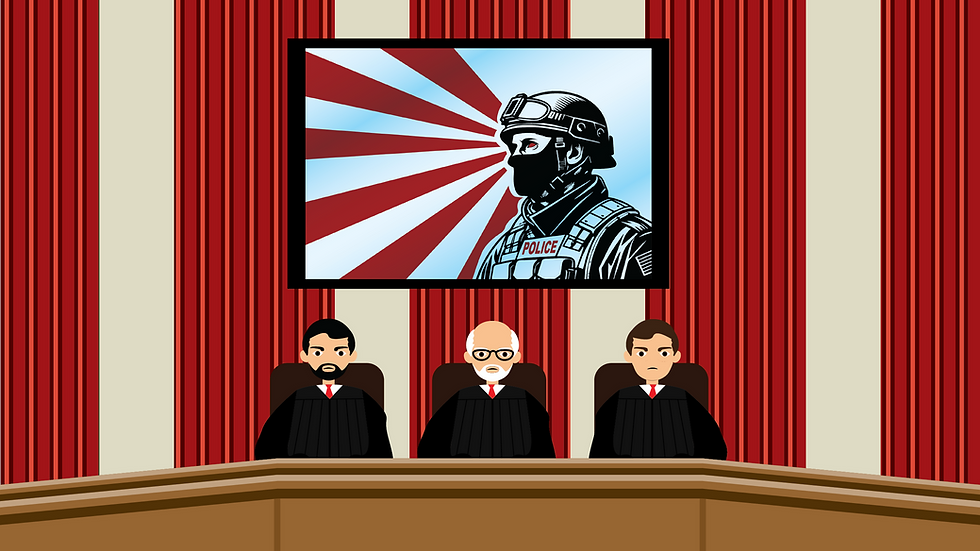3rd Circuit holds that student athletes can be entitled to minimum wage and overtime pay for college sports
- Kyle Ferreira

- Oct 6, 2024
- 3 min read
Updated: Oct 28, 2024

In a first of its kind decision, the 3rd Circuit U.S. Court of Appeals held that college athletes may be considered employees for the purposes of wage and hour laws, based on the economic realities of college athletics.
Rejecting the National Collegiate Athletic Association's argument that college athletes are not entitled to minimum wage or overtime pay because of their amateur status, the 3rd Circuit held in a July 11, 2024 opinion that college athletes are employees if they meet certain criteria and thus are covered by federal wage and hour laws for their sports-related activities.
By providing the lower courts the means to distinguish student athletes who are employees of their respective college or university, the 3rd Circuit's holding opens the doors for students to pursue compensation for their athletic activities and could change the financial landscape of college athletics.
College athletes at several Division 1 NCAA schools filed a lawsuit alleging that students are "subject to extensive training and performance requirements that regularly interfered with their learning."
The athletes allege that they are prevented from taking the classes that they want to take or pursuing their preferred major due to their college athletics schedule.
They further allege that the NCAA exercises significant control over college athletes, including the recruitment, hours of participation, and discipline of all students who participate in NCAA sports.
At the same time, the NCAA and member schools earn substantial revenues from television contracts, marketing rights, championships, and other sources. The NCAA earned $1.3 billion in revenue in 2023, distributing $670 million to member schools, according to NCAA consolidated financial statements.
Based on the significant economic benefits acquired by the NCAA as a result of college athletes' efforts and the alleged detrimental impact on their education, the students argue that they are employees and thus are entitled to federal minimum wage and overtime pay.
The NCAA and member schools moved to dismiss the case, arguing that college athletes are not employees and that the courts should use a "general economic realities analysis that centers on amateurism" to determine the employment status of college athletes.
However, the 3rd Circuit rejected the concept of amateurism, finding the NCAA's argument—that student athletes are not entitled to pay because the defining feature of college sports is that student athletes are not paid—to be circular and unpersuasive.
The NCAA "ask us to elevate amateurism to a quasi-legal status," wrote the 3rd Circuit, "[and] we will not use a 'frayed tradition' of amateurism with such dubious history to define the economic reality of athletes’ relationships to their schools."
However, the 3rd Circuit recognized that merely playing sports cannot always be considered work. Therefore, it adopted a test to distinguish college athletes whose play is work from those whose play is recreational.
Under the 3rd Circuit's test, college athletes may be employees when they perform services for another party, those services are necessarily and primarily for the other party’s benefit, they are under that party’s control and the services are in return for express or implied compensation. If student athletes can successfully demonstrate that they satisfy the test, they will be entitled to federal minimum wage and overtime protections.
However, the prospect of legally guaranteed compensation raises questions about the future financial landscape of college sports.
Must the rules be changed to allow all universities to pay college athletes wages? Can colleges offer prospective student athletes higher pay based on performance? Will a salary cap be necessary to prevent unfair competition from wealthier colleges or universities?
These are some of the issues the NCAA will likely have to grapple with if students succeed in demonstrating that they are entitled to compensation for sports-related activities.









